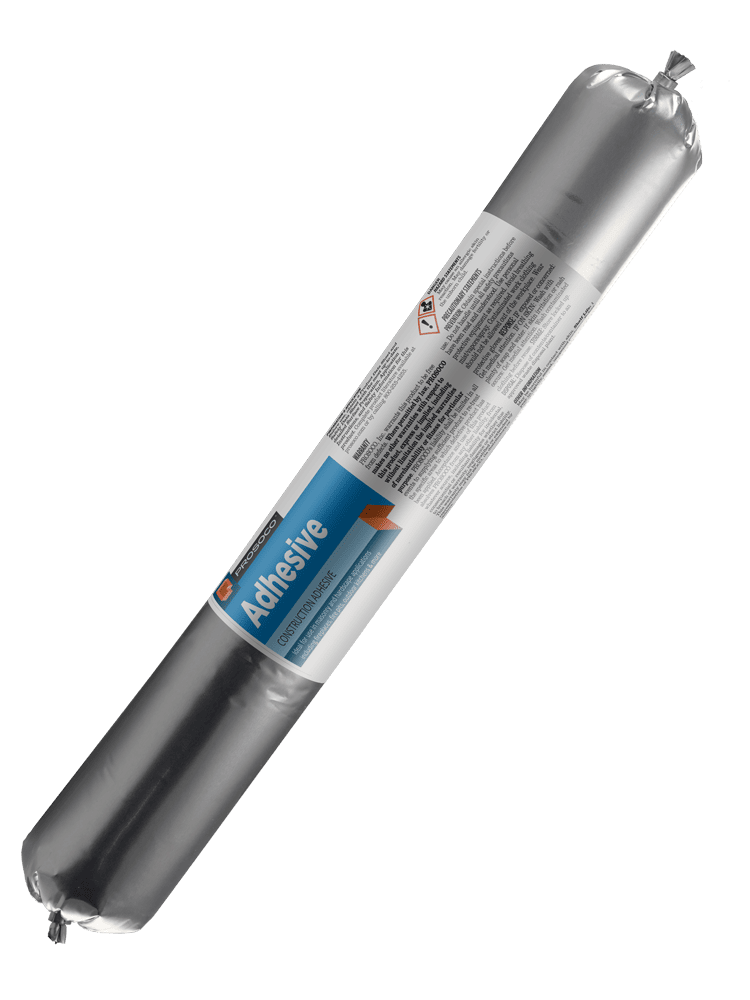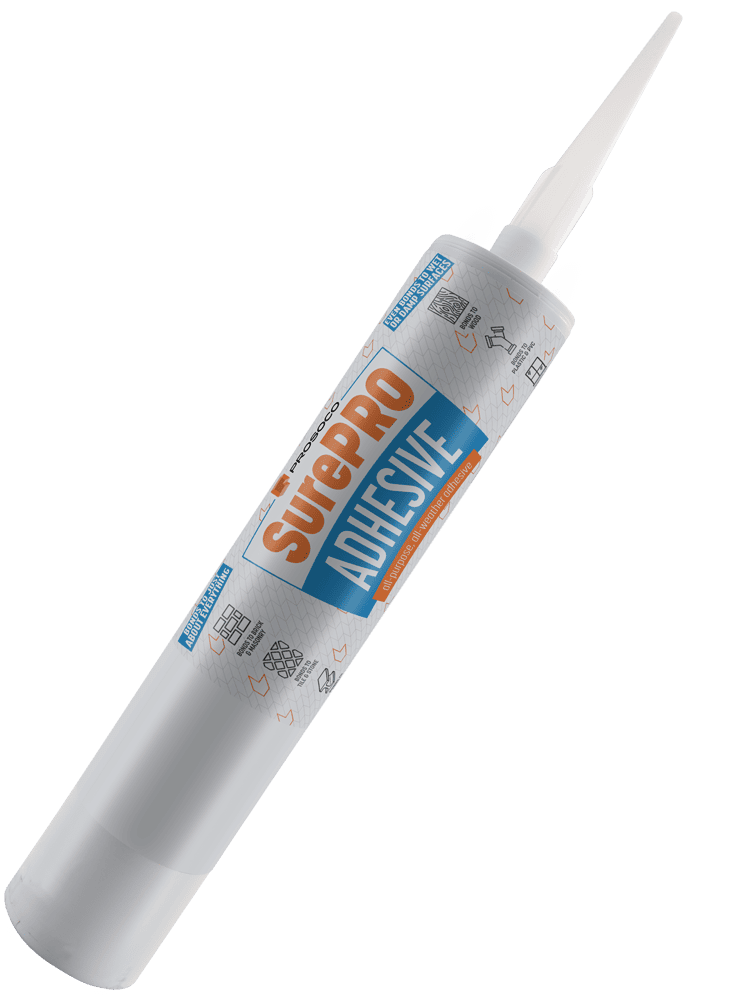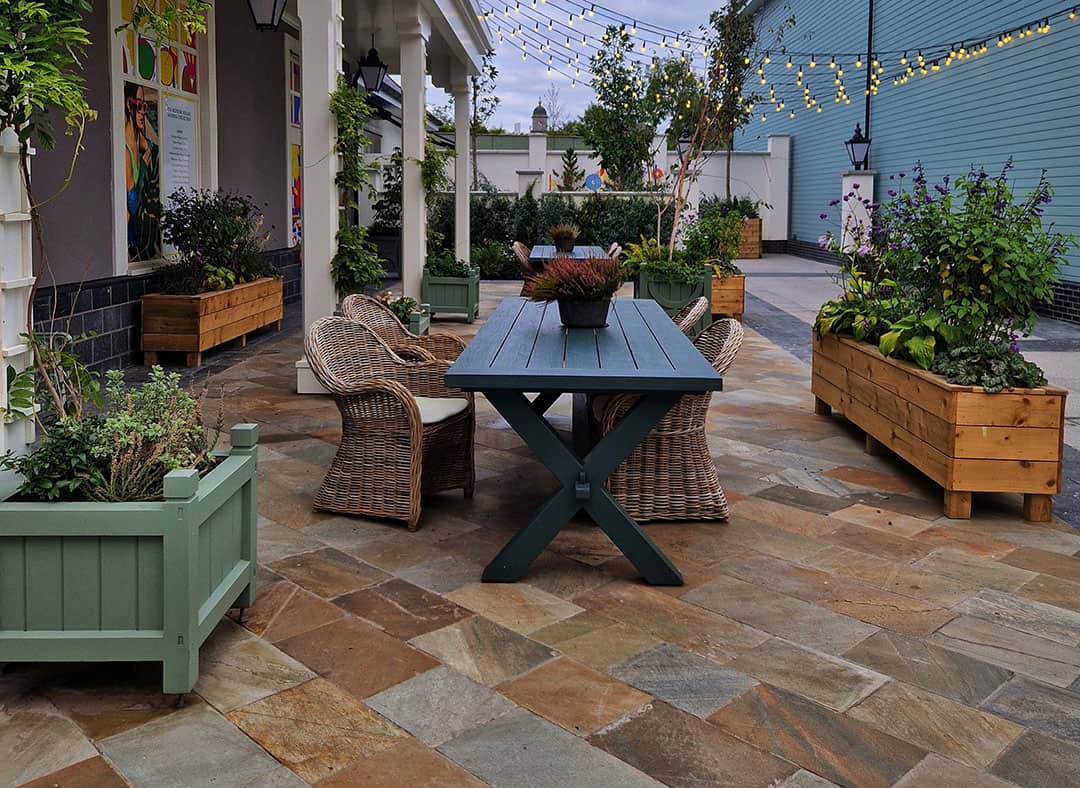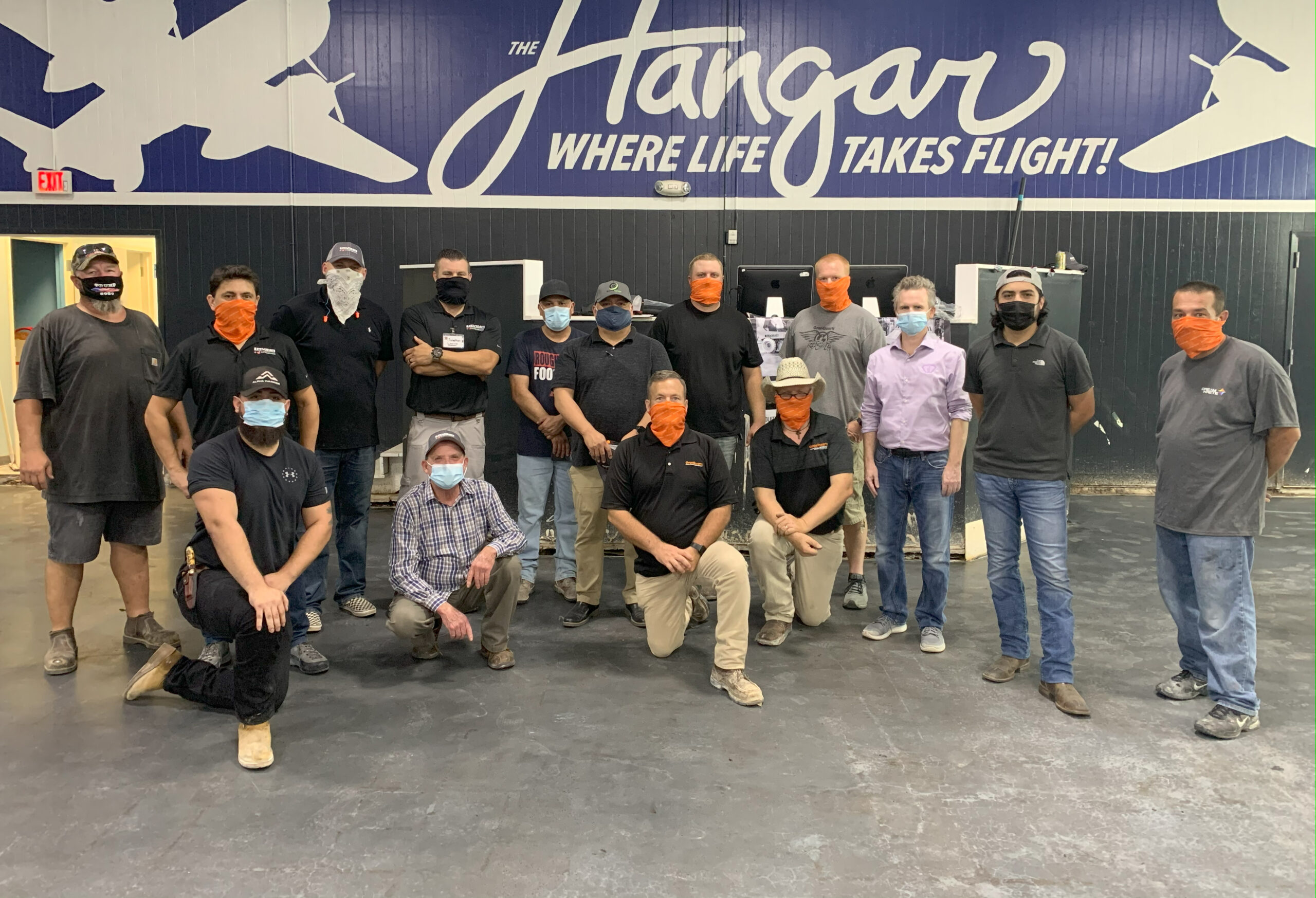When starting a construction or renovation project, one important decision that can greatly affect the outcome is the choice between masonry adhesive and mortar. It's not just about selecting a bonding agent, it’s also important to understand the structural and aesthetic implications of your choice. In this detailed guide, we explore the nuances of each material to help you make an informed decision based on your project's specific requirements.
Understanding the Role of Build Type in Adhesive and Mortar Selection
Every construction project is unique, with its own set of challenges and requirements. The choice between masonry adhesive and traditional mortar hinges on various factors like project scale, material type, environmental conditions, and desired finish.
Masonry adhesive, often referred to as masonry glue or construction adhesive, is a modern solution with a quick setting time and ease of application that makes it ideal for small-scale repairs and DIY projects.
On the other hand, traditional mortar, a time-tested option, provides durability and strength, which makes it the go-to choice for large-scale constructions and load-bearing walls.

Benefits of Masonry Adhesive
The Advantages of Opting for Masonry Adhesive
Masonry adhesive, commonly known as masonry glue, has revolutionized the way we approach bonding and building.
Its primary advantage lies in its ease of application. Unlike traditional mortar, masonry adhesive is ready to use and requires no mixing, so it’s a favorite among DIY enthusiasts and professionals alike for small-scale projects. The hassle-free application translates to significant time savings, a critical factor in tight-schedule projects.
Another notable benefit of masonry adhesive is its versatility. It adheres well to various surfaces, including concrete, stone, and brick, for a reliable solution for both interior and exterior applications. Its flexibility also means that it can withstand minor shifts and movements within structures to help reduce the risk of cracks and damage over time.
Masonry adhesive also cures faster than mortar for quicker progress in construction projects and shorter completion times. This can be a crucial factor for time-sensitive projects.
Environmental conditions often dictate construction choices. Masonry adhesive stands out in this regard due to its resilience in various weather conditions. It remains effective in both hot and cold climates, which makes it ideal for projects in different geographical locations.
In terms of appearance, masonry adhesive offers a cleaner and more uniform look.
Its ability to be applied thinly and evenly contributes to a more polished and professional finish, especially in visible areas of a structure.
Selecting the Right Bonding Agent: The Case for Masonry Adhesive
To use masonry adhesive effectively, it's important to identify the appropriate context:
Quick-Fixes in the Yard and Around the Home
Masonry adhesive is perfect for quick fixes or minor adjustments, such as attaching decorative elements, repairing small cracks, or bonding tiles and landscaping stones. It excels in these types of scenarios.
Easy to Use
In renovation projects, masonry adhesive is particularly beneficial for its minimal disturbance to the existing structure. Its application is straightforward and does not require the extensive preparation that mortar might need, so it is ideal for quick refurbishments or updates.
Keep in mind that while masonry adhesive is highly effective for certain purposes, it may not be the optimal option for load-bearing structures or large-scale construction projects. While it has considerable strength, it may not match the load-bearing capacity of traditional mortar.
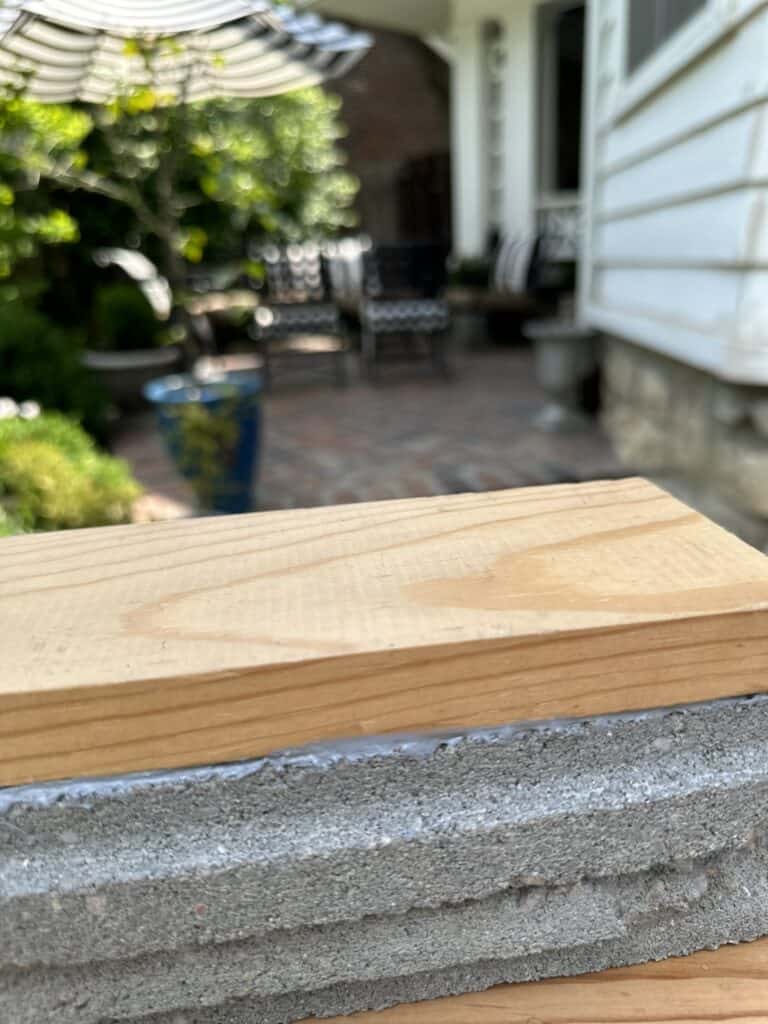
Chemical Composition of Masonry Adhesives
Masonry adhesives, such as the ones detailed below, are focused on performance and compatibility with various construction materials. Masonry adhesives typically consist of a single-component, silyl-terminated polymer (STP) that combines the best properties of silicone and polyurethane. This is an innovative formulation that ensures ease of application while also providing robust adhesion to a wide range of materials, including concrete, brick, natural stone, and more.
The unique chemical composition of PROSOCO adhesives results in a viscous paste that is easy to gun, spread, and tool, which makes it suitable for various applications both indoors and outdoors. The adhesive is formulated to bond effectively to damp or dry surfaces and cures under diverse weather conditions for versatility across different environmental scenarios. Its low VOC content makes it an environmentally-friendly option in the adhesive market.
The Enduring Role of Mortar in Large-Scale Building
Mortar has a rich history in building and construction and continues to be the foundation of large-scale projects. Its popularity lies in its strength and structural integrity, particularly in load-bearing constructions. Unlike masonry adhesive, mortar offers the necessary strength and stability required for constructing buildings and bridges.
Additionally, mortar can be customized in terms of mix and consistency, which allows builders to tailor it to the specific needs of the project, such as enhanced resistance to weather or particular load-bearing requirements.
Chemical Composition of Standard Mortar Mixes
Standard mortar mixes are primarily composed of four key components: cement, sand, water, and lime.
- Cement - Cement acts as the binding agent in the mix. The most commonly used cement in mortar is Portland cement, which is a fine, powdery substance made from limestone and clay.
- Sand - Sand is the aggregate used in mortar mixes. It provides bulk to the mix and increases the overall durability of the mortar.
- Water - Water is crucial for initiating the chemical process that causes the cement to harden and bind together the mortar components.
- Lime - Lime is added to improve the workability and plasticity of the mortar, which makes it easier to apply. It also contributes to the mortar's self-healing and moisture retention properties.
The specific composition of mortar can vary depending on the various requirements of the building project. For instance, a stronger mortar mix might contain more cement, while a mix designed for enhanced workability might contain a higher proportion of lime.
It’s essential to select the appropriate mortar mix composition to ensure the quality and longevity of the construction project.
Cost is an Important Consideration
When it comes to the financial aspects of a construction project, both mortar and masonry adhesive have their advantages. Mortar is usually more cost-effective for large-scale projects because of its lower per-unit cost and economies of scale. Its suitability for substantial constructions can result in lower material costs compared to using masonry adhesive for a project of the same scale.
Masonry adhesive, although it may cost more per unit, can save time and labor on smaller projects or repairs. Therefore, when choosing between the two options, it is important to consider both material costs and the overall financial impact of the construction process.
Which Looks Best: Mortar Adhesive vs. Traditional Mortar?
The choice between mortar and masonry adhesive can significantly impact the aesthetic outcome of a construction project. Mortar provides a traditional look, with visible joints between bricks or stones that add character and texture to a structure. This classic appearance is often desired in historical restorations or traditional-style buildings.
In contrast, masonry adhesive creates a smoother finish. It bonds without the need for thick joints for a cleaner and more modern look. This is especially desirable in contemporary designs that favor a minimalistic or sleek appearance.
Build with Confidence: Choose PROSOCO for Your Masonry Adhesive Needs
Choosing PROSOCO for your masonry adhesive needs means choosing quality, durability, and reliability. Our adhesives are designed to withstand the harshest conditions to help ensure that your construction projects stand the test of time. Don't compromise on your construction materials; build with confidence, build with PROSOCO!
